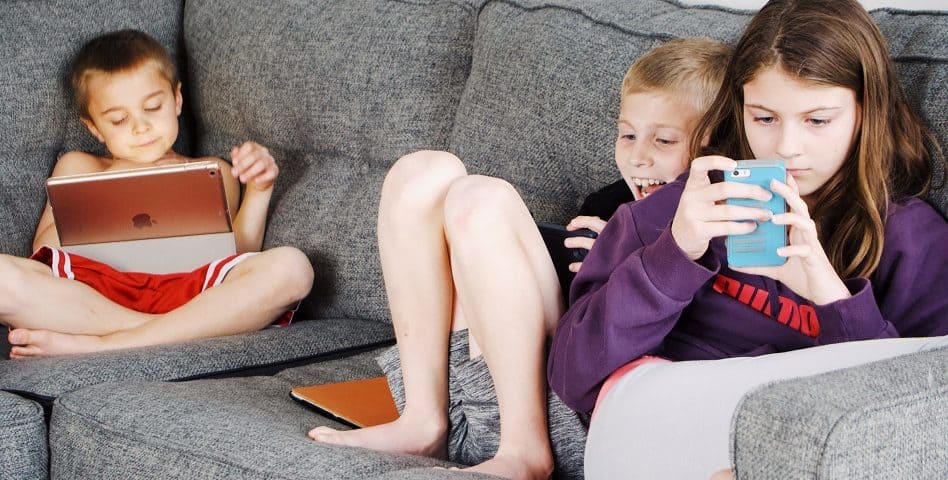
Confounding due to pre-existing diseases in epidemiological studies on sedentary behavior and all-cause mortality: a meta-epidemiological study
December 9, 2020
Childhood Obesity and Device‐Measured Sedentary Behavior: An Instrumental Variable Analysis of 3,864 Mother–Offspring Pairs
December 22, 2020A new paper titled “Psychological Correlates of Sedentary Screen Time BehaviourAmong Children and Adolescents: a Narrative Review” was just published in Current Obesity Reports. The full article is available here. Citation details and a summary of the paper are reposted below.
Mougharbel, F., Goldfield, G.S. Psychological Correlates of Sedentary Screen Time Behaviour Among Children and Adolescents: a Narrative Review. Curr Obes Rep 9, 493–511 (2020). https://doi.org/10.1007/s13679-020-00401-1
ABSTRACT
Purpose of Review
The aims of this narrative review were to (1) synthesise the literature on the relationship between screen time and important mental health outcomes and (2) examine the underpinning factors that can influence this association.
Recent Findings
Paralleling the rise of mental health issues in children and adolescents is the ubiquitous overuse of screens, but it is unclear how screen time is related to important mental health outcomes and whether this association differs by gender, age and screen type.
Methods
Medline/PubMed, PsychINFO and Google Scholar databases were searched on December 2019 for articles published mainly in the last 5 years. The search focused on two main concepts: (i) screen time and (ii) mental health outcomes including anxiety, depression, psychological and psychosocial well-being and body image concerns.
Results
Sixty studies were included in the review. Higher levels of screen time were associated with more severe depressive symptoms. We found moderate evidence for an association between screen time and poor psychological well-being and body dissatisfaction especially among females. Relationships between screen time and anxiety were inconsistent and somewhat gender specific. Social media use was consistently associated with poorer mental health.
Summary
Higher levels of screen time are generally associated with poorer mental health outcomes, but associations are influenced by screen type, gender and age. Practitioners, parents, policy makers and researchers should collectively identify and evaluate strategies to reduce screen time, or to use screens more adaptively, as a means of promoting better mental health among children and adolescents.




